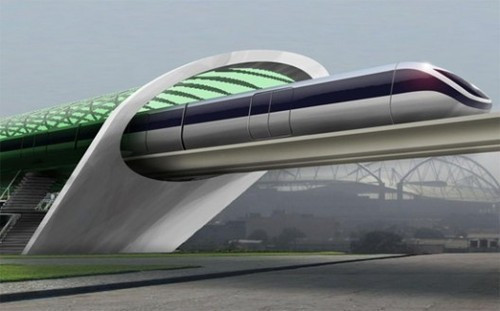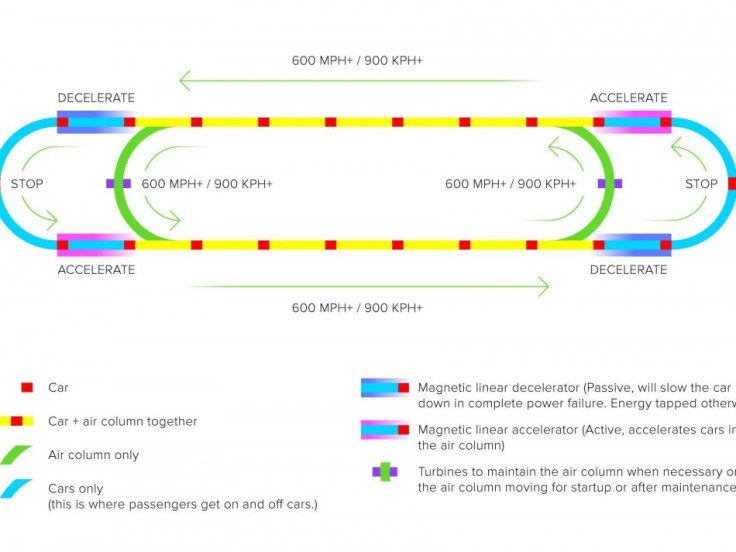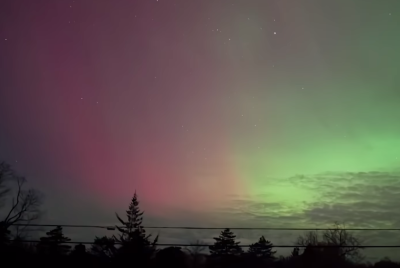Elon Musk Admits he is Too Busy to Build Hyperloop
Elon Musk has admitted his 600mph Hyperloop transportation system, due to be announced on 12 August, is "extremely speculative" and doesn't plan to build the mysterious project himself.

As anticipation mounts and commentators try to work out how a new mode of public transport could take passengers 400 miles from Los Angeles to San Francisco in 30 minutes, Musk admitted: "I think I shot myself in the foot by ever mentioning the Hyperloop. I'm too strung out."
Already the CEO of both Tesla and SpaceX, Musk has a lot on his plate, but speaking on an investor call for his electric car company, the 42-year-old also said that if no progress on Hyperloop has been made in a few years, he might attempt to "make it happen".
Reported by Business Insider, Musk said the Hyperloop "can just be out there as an open source design that people can keep improving. I don't have any time to focus on it as I have to focus on SpaceX and Tesla."
On 15 July Musk tweeted that he would reveal his designs for Hyperloop by 12 August, and has previously described the train-like system as "a cross between a Concorde, and a railgun and an air hockey table."
The closest speculators have come to matching Musks' plans, according to the man himself, is John Gardi, who suggests a tunnel filled with air travelling at 600mph to propel the train along and eliminate the air resistance which would slow down a regular train.

Musk also revealed that Hyperloop would never crash, be unaffected by weather, arrive and depart whenever the passenger wanted to travel, and generate enough electricity through solar panels to power itself.
The US government has plans to construct a high-speed railway on the same LA-San Francisco route, but where this is estimated to cost more than $60 billion (£40bn), Musk claims Hyperloop would cost just $6bn and be significantly faster, while charging passengers less than the equivalent plane ticket.
Such bold statements from most entrepreneurs would be immediately dismissed as impossible, but having revolutionised online payments with Paypal, proved the electric car industry can be profitable with Tesla, and that reusable rockets can transport goods to space cheaply with SpaceX, Musk has a habit of making good on his promises.
© Copyright IBTimes 2025. All rights reserved.






















